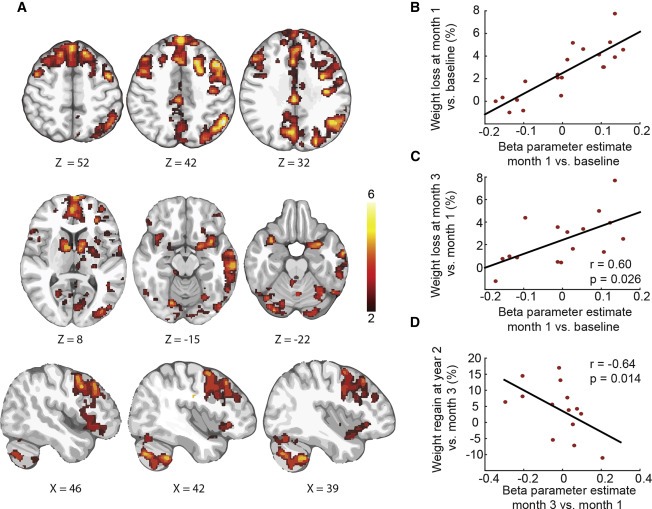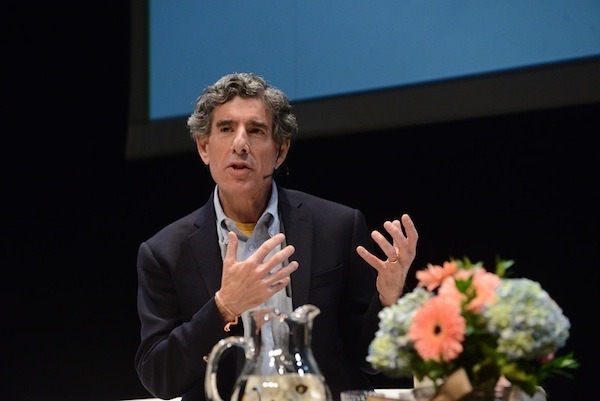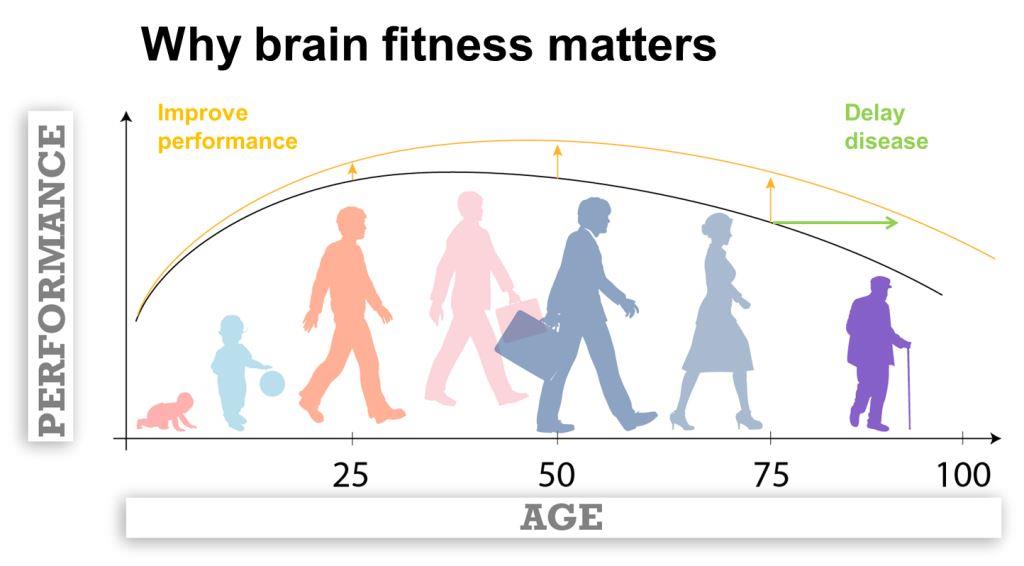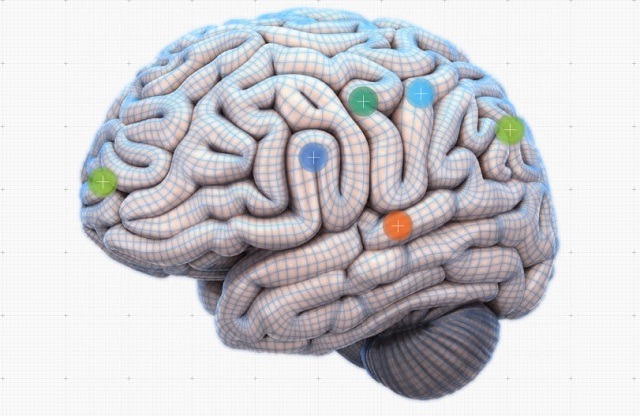Posts Tagged ‘self-regulation’
Best predictor of sustained weight-loss? Prefrontal cortex activation
_____ New research suggests that higher-level brain functions have a major role in losing weight. In a study among 24 participants at a weight-loss clinic, those who achieved greatest success in terms of weight loss demonstrated more activity in the brain regions of the lateral prefrontal cortex associated with self-control.
Read MoreSix tips for social-emotional learning (SEL) to transfer into real-world skills
___ Social-emotional learning (SEL) teaches the key attitudes and skills necessary for understanding and managing emotions, listening, feeling and showing empathy for others, and making thoughtful, responsible decisions. For five years, I was an educator in the field teaching mindfulness and emotional skills to teenagers at six different high schools. Over and over, I saw…
Read MoreQuick, interactive brain teaser to test your concentration and cognitive flexibility
Here is a fun and interactive version of the famous Stroop test, often used in neuropsychological evaluations to measure response inhibition and cognitive flexibility. Performing well on the test requires strong concentration and self-regulation.
Read MoreMindfulness or Mind Control at Work?
There’s a backlash brewing against mindfulness at work. “Corporations have jumped on the mindfulness bandwagon because it conveniently shifts the burden onto the individual employee,” write Ron Purser and David Loy in the Huffington Post. “Stress is framed as a personal problem, and mindfulness is offered as just the right medicine to help employees work…
Read MoreWould Warren Buffett be a highly viable Presidential candidate?
My colleague Dr. Murali Doraiswamy just wrote an excellent opinion piece for The New York Times: With Age Comes Wisdom, and Some Concerns For Candidates. He ends it up saying that, “As Henry Ford noted, “Anyone who stops learning is old, whether at 20 or 80. Anyone who keeps learning stays young.” We should shift the…
Read MoreNeuroeducation: Top findings to update education and learning
Neuroeducation: 25 Findings Over 25 Years (Innovation Excellence): “To celebrate the progress of this monumental discipline, we have compiled a list of the 25 most significant findings in neuroscience education over the past 25 years..”
Read More





